What can any one person do in the face of such a global challenge? What use can the faithful Christian hope to be, beyond the simple duties of looking out for one’s immediate neighbours? It is certainly true that exercising individual responsibility is a serious duty and can set a significant example in behaviour for the local community. Submission to the authorities for the health and well-being of all ought to go without much saying. However, the life of Elijah should teach us that God in fact intends us to have a much more profound impact in God’s world than we might imagine.
Dedication to the Jung family, in memory of Lucy Jung.

13Is anyone among you suffering? Let him pray. Is anyone cheerful? Let him sing praise. 14Is anyone among you sick? Let him call for the elders of the church, and let them pray over him, anointing him with oil in the name of the Lord. 15And the prayer of faith will save the one who is sick, and the Lord will raise him up. And if he has committed sins, he will be forgiven. 16Therefore, confess your sins to one another and pray for one another, that you may be healed. The prayer of a righteous person has great power as it is working.b 17Elijah was a man with a nature like ours, and he prayed fervently that it might not rain, and for three years and six months it did not rain on the earth. 18Then he prayed again, and heaven gave rain, and the earth bore its fruit.
James 5:13-18 ESV
God’s world is the good earth on which we have been blessed with God’s gift of life. Throughout human history there has been a measure of suffering, and none of us are isolated from pain. And there is also joy in life, in our time under the sun that bathes us all. All of this can and indeed should be the cause and ground of prayer and praise, if we are listening to God’s Word and Spirit. God created the world in freedom, and that world presently has illness in it. This is how it is at the moment, though the New Day is coming when there will be ‘a loud voice from the throne saying, “Behold, the dwelling placea of God is with man. He will dwell with them, and they will be his people,b and God himself will be with them as their God.c 4He will wipe away every tear from their eyes, and death shall be no more, neither shall there be mourning, nor crying, nor pain any more, for the former things have passed away.”’ In the meantime, we are called and charged to wait and listen with Jesus. When news of Lazarus’ illness came to Jesus from Martha and Mary, Jesus did not go up to Bethany immediately. (John 11:4) Just as for Elijah, the circumstances of nature and the features of the cycles of life were not the ultimate things which dictated Jesus’ words and actions. In prayer and in fellowship with Father God we too can discover that sickness and health, life and death, even the circumstances of nature can all be brought to the feet of Jesus. There will be seasons and weather, new life and passing on, pain and illness; the gifts of healing and resurrection are also available in the here and now of God. The natural powers and cycles are the creation of God, and yet are subject to God’s sovereign decree that though we are creatures with a common nature, the simple prayer of those brought into the righteousness of Christ can hear Christ and bring God’s overruling will of love and eternal soundness into our now. The oil of joy is a sign that God’s healing power will have its victory over the sickness of each and every individual – if we will come to Jesus in faith with them.
Elijah Predicts a Drought
1Now Elijah the Tishbite, of Tishbea in Gilead, said to Ahab, “As the LORD, the God of Israel, lives, before whom I stand, there shall be neither dew nor rain these years, except by my word.” 2And the word of the LORD came to him: 3“Depart from here and turn eastward and hide yourself by the brook Cherith, which is east of the Jordan. 4You shall drink from the brook, and I have commanded the ravens to feed you there.” 5So he went and did according to the word of the LORD. He went and lived by the brook Cherith that is east of the Jordan. 6And the ravens brought him bread and meat in the morning, and bread and meat in the evening, and he drank from the brook. 7And after a while the brook dried up, because there was no rain in the land.
1 Kings 17: 1-7

The ultimate order of God’s world is revealed to us in these lines. The Word of God will certainly come to leaders, even to unjust oppressors, and God will preserve his servants’ lives as He wills. We His servants can readily be sent into isolation, far from houses and storehouses, and the natural order of things can be reordered at God’s command. We are comfortable with the theological truth that God feeds the ‘birds of the air’, but at the time of national crisis when Israel was oppressed by the wicked couple Ahab and Jezebel, and the land was filled with the ongoing consequences of their godless leadership, God sends his son Elijah into a wilderness where he drinks from a stream and birds’ behaviour is reordered to bring a full diet to the man of God- two meals a day! Eventually, the regular order of things emerges again in God’s providence, and Elijah’s journey with the Lord His God moves on to the next chapter. For while Elijah is preserved in personal safety, the peoples at large are in great and growing suffering, and the calling of God is on us for them. In God’s will there is His perfect timing for us, and God is also looking to and fro in His earth to bring His best timing to all things.
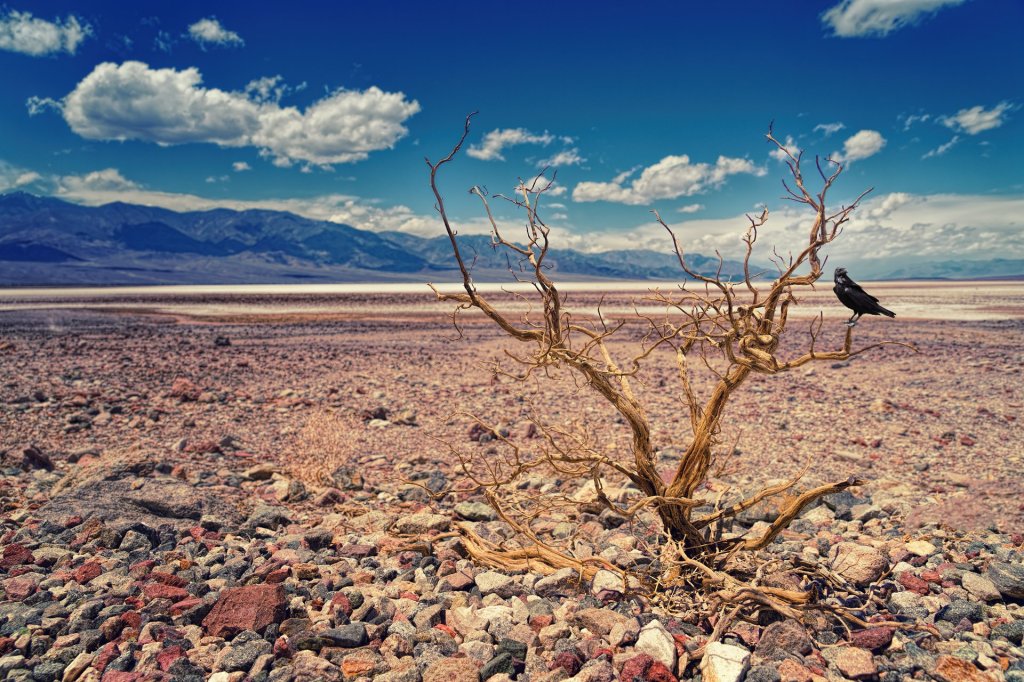

The Widow of Zarephath
8Then the word of the LORD came to him, 9“Arise, go to Zarephath, which belongs to Sidon, and dwell there. Behold, I have commanded a widow there to feed you.” 10So he arose and went to Zarephath. And when he came to the gate of the city, behold, a widow was there gathering sticks. And he called to her and said, “Bring me a little water in a vessel, that I may drink.” 11And as she was going to bring it, he called to her and said, “Bring me a morsel of bread in your hand.” 12And she said, “As the LORD your God lives, I have nothing baked, only a handful of flour in a jar and a little oil in a jug. And now I am gathering a couple of sticks that I may go in and prepare it for myself and my son, that we may eat it and die.”
1 Kings 17: 8- 12

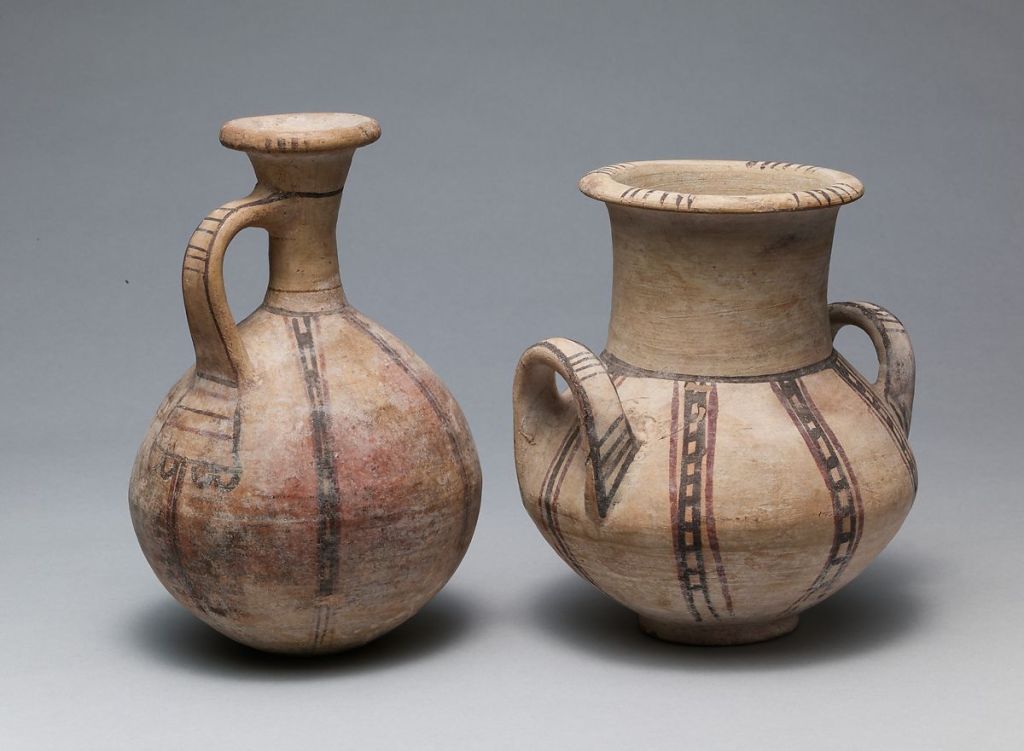
There are consequences in this life for the decisions made by nations and their leaders, and some consequences spill over into the communities beyond our own. And then again some things just happen in God’s world. Elijah is now called to the foreigner in Zarephath: “Arise, Go!” God shows Elijah that he in fact has new neighbours. Elijah is a man like us, with a nature like ours. It’s a new day, and in every new day we are hungry and thirsty. ‘Give us this day our daily bread.’ The prayer teaches us to say ‘our’ because we all need supplies and food, and if we consciously put our hands out together, we will see that our neighbour receives a fair share, as well as us. How much do we need? A daily portion- just enough. In this way the riches of our world are neither hoarded nor consumed in excess. Though the widow in plainly suffering in lack, Elijah can be bold enough to ask for a little water and a morsel of bread. Another day Jesus will ask a foreign woman for a drink from a well, because she has the bucket to draw up water. The widow discovers that Elijah is a man of God, but not a God she knows. “The ‘Lord your God lives’, you claim, but that life is no longer for me”, she points out. In saying this, she accuses God of unjust treatment! She can only confess death over herself and her son. How will the prophet of God respond to her and to her immediate challenge to ‘his’ God? What truth will he walk in; what Word will he prophesy? Will God send His ravens now? The widow is now beyond fear, she is resigning to death as she looks the ‘truth’ of her circumstances in the face.

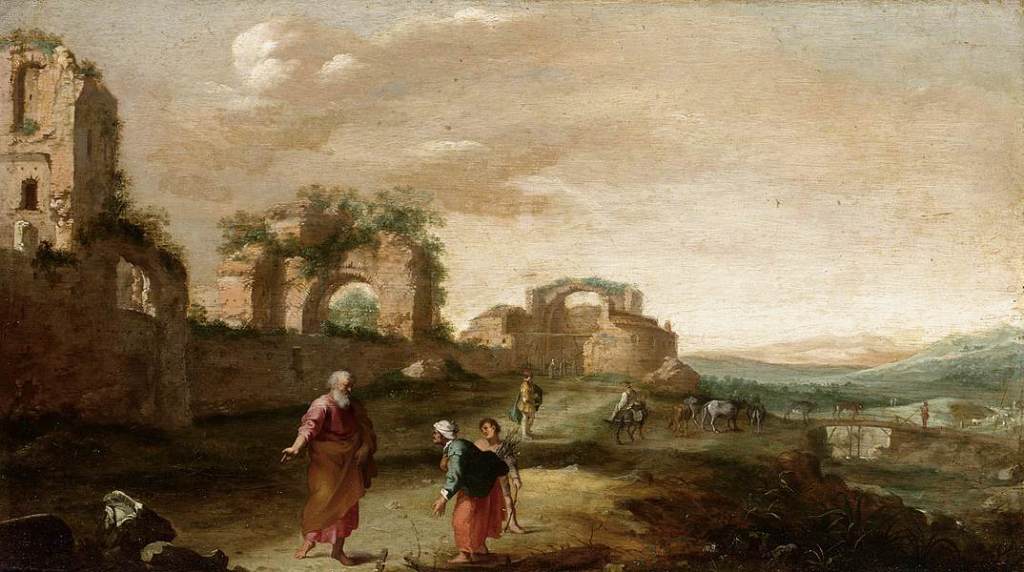
13And Elijah said to her, “Do not fear; go and do as you have said. But first make me a little cake of it and bring it to me, and afterward make something for yourself and your son. 14For thus says the LORD, the God of Israel, ‘The jar of flour shall not be spent, and the jug of oil shall not be empty, until the day that the LORD sends rain upon the earth.’” 15And she went and did as Elijah said. And she and he and her household ate for many days. 16The jar of flour was not spent, neither did the jug of oil become empty, according to the word of the LORD that he spoke by Elijah.
1 Kings 17: 13-16

Through the newly creative Word of the faithful righteous-walking child of God, the existing order of God’s world is brought under the sovereign feet of the Lord of All- Who is not ‘merely’ the God of Israel, but the God of the whole world and all the peoples in it, including even this widow in Zarephath, who thinks that the God of Elijah does not know her name. We are never told what her name is, but it is not always necessary to know the name of our needy neighbour. Just as in the days of Genesis, God uses his little and singular servant to learn faithfully, responsibly and humbly how to bring God’s provision in the midst of the most challenging circumstances. Joseph was called from prison to become the second in the land and the master of grain stores to feed an entire nation though a great famine- and the neighbours of Egypt came to be fed also- even Joseph’s brothers. Elijah too enjoys God’s supernatural supply in the kitchen of the despairing widow- and her whole household is also fed ‘for many days.’ What a wonderful conclusion this is. The surviving community is preserved and surely Elijah sees that God is glorified though his faithful partnership with His God, Whom he has learned to walk with through great trials. But just when all seems well, the page turns and the next chapter of Elijah’s journey begins.
Elijah Raises the Widow’s Son

17After this the son of the woman, the mistress of the house, became ill. And his illness was so severe that there was no breath left in him. 18And she said to Elijah, “What have you against me, O man of God? You have come to me to bring my sin to remembrance and to cause the death of my son!” 19And he said to her, “Give me your son.” And he took him from her arms and carried him up into the upper chamber where he lodged, and laid him on his own bed. 20And he cried to the LORD, “O LORD my God, have you brought calamity even upon the widow with whom I sojourn, by killing her son?” 21Then he stretched himself upon the child three times and cried to the LORD, “O LORD my God, let this child’s lifeb come into him again.” 22And the LORD listened to the voice of Elijah. And the life of the child came into him again, and he revived. 23And Elijah took the child and brought him down from the upper chamber into the house and delivered him to his mother. And Elijah said, “See, your son lives.” 24And the woman said to Elijah, “Now I know that you are a man of God, and that the word of the LORD in your mouth is truth.”
1 Kings 17: 17-24
Elijah hears the accusation of the woman, who it seems now credits him with things that we would suppose only God can do- bring remembrance of sin to her conscience and cause death merely by his physical presence. What is the reason for the death of the boy? Presumably not a lack of food. Some mystery illness then, it would seem, that affects some family members, but not others. And now the widow’s last hope is finally gone, and she only has grief to look forward to. Yet just as in John 11, the words of scripture are subtle. ‘There was no breath left in him,’ we are told. This dear widow thinks this end is death – she pronounces it to the prophet of God. But what will he say? And what will he do- with his extraordinary powers? Elijah’s response is practised: ‘And’ means ‘immediately’- He seeks the permission of the mistress of the house: ‘Give me your son,’ which is to say, not, ‘Give me the body.’ She agrees to pass over her son to the man of God, and in what would seem to most people to be the time after death, Elijah carries the boy to the upper room where he does persistent and consistent and faithful prayer business with his God. Elijah is not coy with his covenant God- he accuses God directly for this personal calamity and death. Yet Elijah does not settle for the situation as it appears. He asks God his Question, and as Yahweh God once came to Abraham to seek the counsel of his friend regarding the judgement of Sodom with questions, so Elijah entreats his God even for an overruling of the regular order of things- under God’s greater sovereign will. What is possible in the New Creation will of God, in partnership with his praying servant? What will we learn to be bold enough to seek God for? For Elijah’s God listened to Abraham and also to Elijah: know that our God and Lord Jesus Christ also wishes to listen to us, as James 5:16 emphasises.
“The prayer of a righteous person has great power as it is working.b 17Elijah was a man with a nature like ours, and he prayed fervently that it might not rain, and for three years and six months it did not rain on the earth. 18Then he prayed again, and heaven gave rain, and the earth bore its fruit.”
So what seems to be the end for the widow’s hope turns out not to be the end after all, and we are gifted with the realisation that there is an order in God’s world that is beyond the laws of weather, natural life or disease, and that is the demonstrated powerful effectiveness of the Word of the Living God in the mouths of His partners and praying servants.
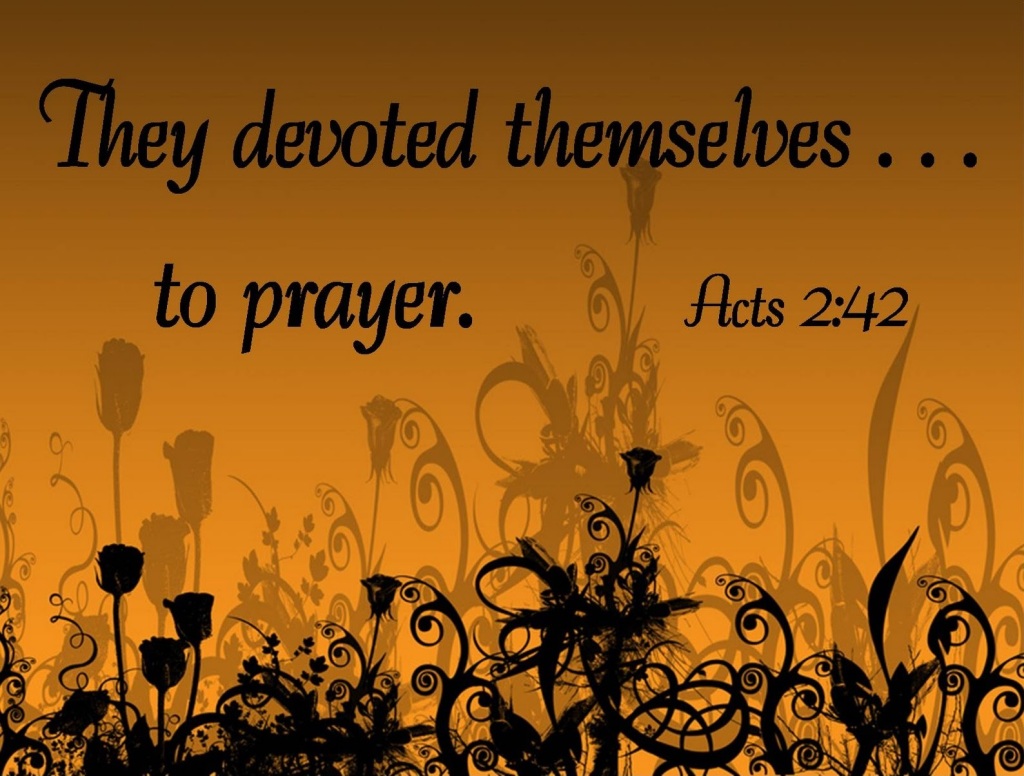
Stephen Thompson 22 March 2020 (c) 2020
- 1 coronavirus-statistics-on-screen-3970330 pexels
- 2 Wadi_Shab_Oman CCO3
- 3 black-bird-perched-on-bare-tree-2496572 pexels
- 4 black-and-brown-desk-globe-3994840 pexels
- 5 Women in Sudan return to their village after collection firewood. Photo by Margaret W. Nea. https://www.flickr.com/photos/breadfortheworld/3964028704/
- 6 Two-handled Jar Marl clay Egypt, Second Intermediate period ca 1550-1458 BC The Met Fifth Avenue Gallery 114 16.10.426; 16.10.427 Public Domain
- 7 man-wearing-face-mask-3942124 pexels
- 8 https://commons.wikimedia.org/wiki/File:Bartholomeus_Breenbergh_-_Elijah_and_the_Widow_of_Zarephath_-_WGA3154.jpg c1630
- 9 A pilgrim girl in Mahakutta, India baking chapati bread in a temple. Claude Renault – https://www.flickr.com/photos/clodreno/298615909/ Free licence CC BY 2.0
- 10 “Elijah and the widow of Zarephath” oil on Canvas. (after) Giovanni Francesco Guercino (BARBIERI) http://www.wikigallery.org/ Public domain.
- 11 Acts 2:42 graphic
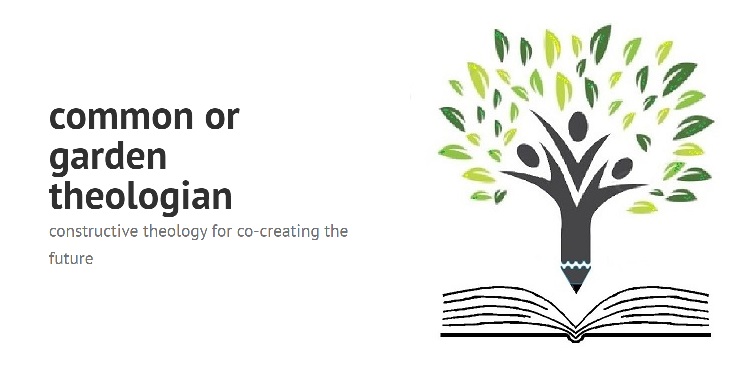
Lovely post. Would like to take a moment to share a link with a message and prayer inspired during the start of the Pandemic which has kept me and my family safe. Please feel free to share this with any loved ones https://www.youtube.com/watch?v=3fetuHjfsro
LikeLike
I see that you learned to ‘stretch out’ on your child as both mother and prophet. Indeed, Elijah’s fellowship with the widow, in two key episodes, is the pattern that Jesus’ visit with Mary and Martha takes in the gospels, as you reflect in your testimony. Thus ‘One greater than Elijah is here!’
LikeLiked by 1 person
Thank you Stephen for such an inspiring comment.
LikeLike